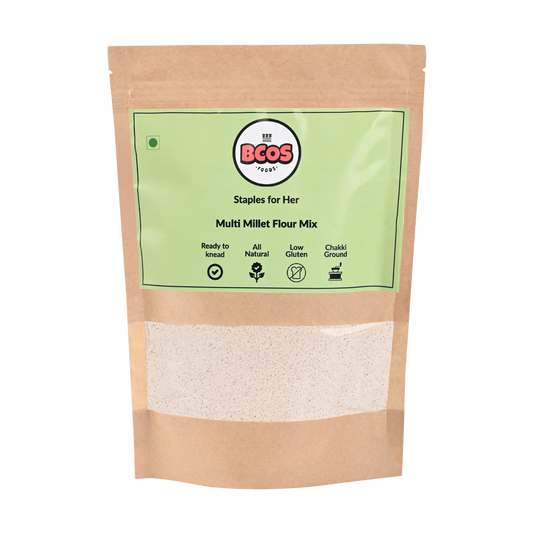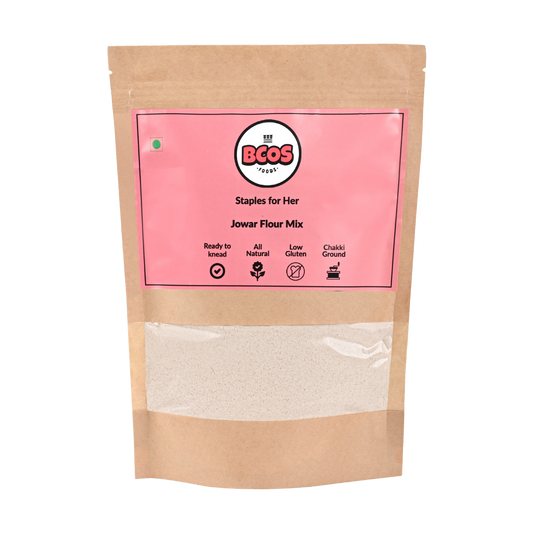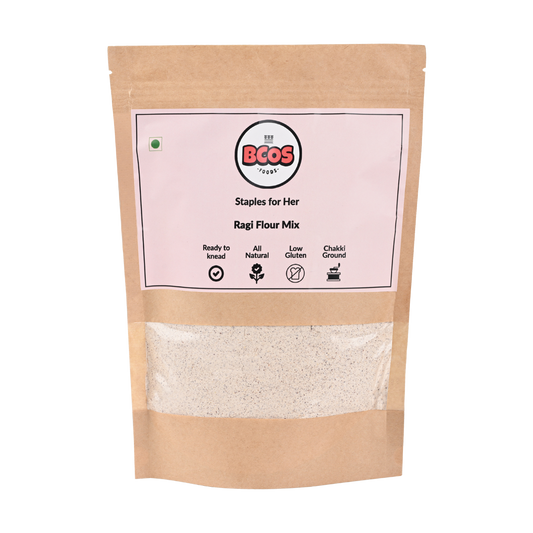If you’re trying for a baby or soon will be, chances are you’ve heard all kinds of fertility terms that can leave you feeling confused and overwhelmed: What is LH, what is AMH, what does any of this mean? Well, Anti-Mullerian Hormone (AMH) is one you definitely need to understand. This vital fertility hormone plays a central role in the process of making a baby and if you’ve been struggling to get pregnant or you’re aged 25+, it’s a good idea to get your AMH levels checked. But what is AMH and what effect does it have on fertility? What constitutes low AMH levels? What does AMH do in females anyway? Let’s break it down.
AMH Origin Story
To understand AMH, it helps to understand where it started and when it comes into play.
Every cycle — in your ovaries — a small group of follicles (each containing a premature egg) is selected to grow. Anti-Mullerian hormone (AMH) gets made by those small follicles. It then triggers them to begin making some estrogen so they can start growing.
During this process, one follicle will produce more estrogen than the others — we call this one the “dominant follicle.” Once this happens, AMH tells the rest of the smaller follicles to stop growing — a chosen one has already been selected so the others can stop trying.
AMH and Fertility
AMH testing can be used as a marker of your ovarian reserve (number of eggs) since it gives us a clue about the number of follicles recruited during your cycle. AMH decreases as we age, which makes sense. Your egg reserves decline with age, so AMH should decline as well. However, this isn’t the case for those with PCOS.
What Do High AMH And Low AMH Levels Mean?
Low AMH levels may indicate a lower number of remaining eggs, and could signal that falling pregnant may be difficult. A high AMH level generally signals a greater number of remaining eggs, which may mean you will find it easier to get pregnant or produce eggs for fertilisation during fertility treatment.
However please note that AMH is only one part of a woman’s fertility puzzle – there are many other important factors. Also keep in mind that a very high AMH level could signal a disorder like Polycystic Ovarian Syndrome (PCOS).
AMH and PCOS
When it comes to PCOS, having high levels of insulin and/or androgens (like testosterone and androstenedione) means that way more follicles are recruited each cycle. Higher follicle activation means higher AMH. So, in many cases of PCOS, we often see abnormally elevated AMH levels.
Excessive AMH levels can cause problems. It regulates follicle growth and stops follicles from growing too large; therefore, in those with PCOS, it’s possible to have ovaries full of premature follicles (“polycystic ovaries” or PCOS) that will never grow properly or reach maturity.
Can I Increase My AMH Levels Naturally?
AMH is a hormone, and the hormonal balance in the body is of course related to and affected by all-round health and wellbeing. A healthy lifestyle isn’t a one-way ticket to optimum AMH levels of course, and age is a big factor because AMH levels decline with age. But clearly, it never hurts and can only help to:
- Maintain a healthy BMI and weight
- Eat a nutrient-rich diet full of whole foods
- Exercise regularly
What about supplements? Well, there is some evidence to suggest that vitamin D may have a positive effect on AMH levels. For example, one placebo-controlled study attempting to analyse the effects of vitamin D on AMH levels in young women found that the group taking vitamin D supplements did indeed see an increase in their AMH levels. Another study on women with PCOS (remember, women with PCOS often have overly high levels of AMH) found that vitamin D appeared to lower AMH levels. Hence both studies appear to support the hypothesis that ‘Vit D’s positive effects on the fertility of women may involve the regulation of ovarian AMH levels.’ So, while there are never any guarantees, it may be worth looking into vitamin D supplementation, particularly if blood tests reveal you are deficient in it. There are other supplements that some claim may increase AMH production, but evidence is as yet quite limited. In any case, if you wish to try any supplement, always check with your doctor that you don’t have any contraindications and that they are safe to try.
Testing your AMH
By testing for AMH, we can’t know for certain what your egg reserve is like, but it’s a really good screening test. If you’re flagged as having high AMH, it could prompt further testing to find out if you have PCOS and if you’re ovulating.
Meanwhile, having low AMH can flag smaller follicle cohorts each cycle, and can prompt those women to start trying to conceive sooner, or speed up fertility treatments (including egg freezing).
Keep in mind that AMH only gives us an estimate of the number of follicles being recruited to grow each cycle. It can’t tell us anything about egg quality or ovulation. You can still get pregnant and have a healthy live birth even with a low for-age AMH. Similarly, you can have PCOS and high AMH levels, and still be able to get pregnant, just with a few extra challenges.





